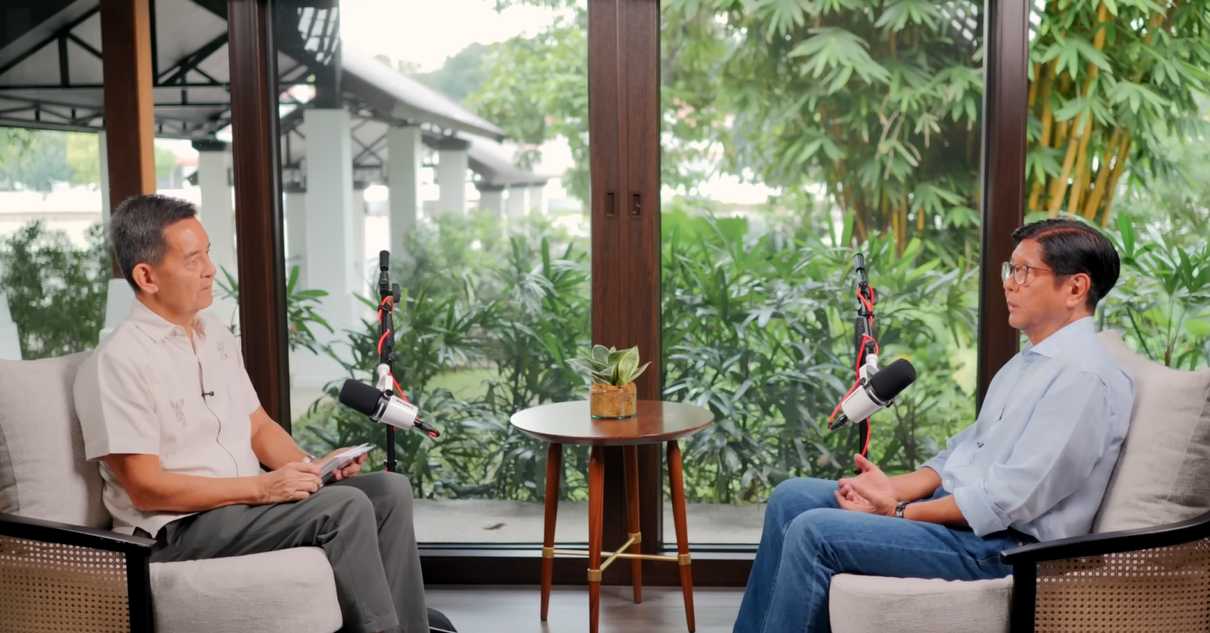
By Brian Campued
“These corrupt people are not the face of government. All they are is the face of corruption. That’s all they are. They are not typical of government.”
President Ferdinand R. Marcos Jr. stressed that corrupt officials do not represent the whole of government, as there are many civil servants who still uphold honesty and integrity in serving the people.
In the second part of the BBM Podcast Episode 5, Marcos said he decided to expose the anomalies in flood control projects to show that not all government personnel pocket public funds meant for vital projects and programs.
“We cannot paint everyone in government with the same brush as all of these corrupt operators that you see in government,” he said.
As part of the administration’s push for transparency and accountability, the President formed the Independent Commission for Infrastructure (ICI) on Sept. 11 to investigate alleged irregularities in government infrastructure projects within the last 10 years and recommend the filing of charges before appropriate authorities.
On his legacy as President of the Philippines
When asked about the enduring legacy he wanted to leave behind as President, Marcos reiterated that social programs and education remain the priorities of his administration.
According to the Chief Executive, his government is working tirelessly so that Filipinos will be able to benefit from a good healthcare system, an adequate food supply, and reliable housing.
“They must be able to survive… Once you’ve achieved that, for me, the next thing you should do is education. So, I’m putting a great deal of my attention and the government’s focus on education,” Marcos said.
“You cannot have a successful society without a well-educated society,” he added, noting that Filipinos need support and resources to hone their talents and skills so that they can become locally and internationally competitive in their endeavors.
During the celebration of the National Teachers’ Day on Monday, Marcos announced that P26.55 billion in funds from the flood control projects have been reallocated to bolster the education sector.
This is in line with his vision for every Filipino family to have at least one member who graduates from college or a technical-vocational education and training program.
-av
